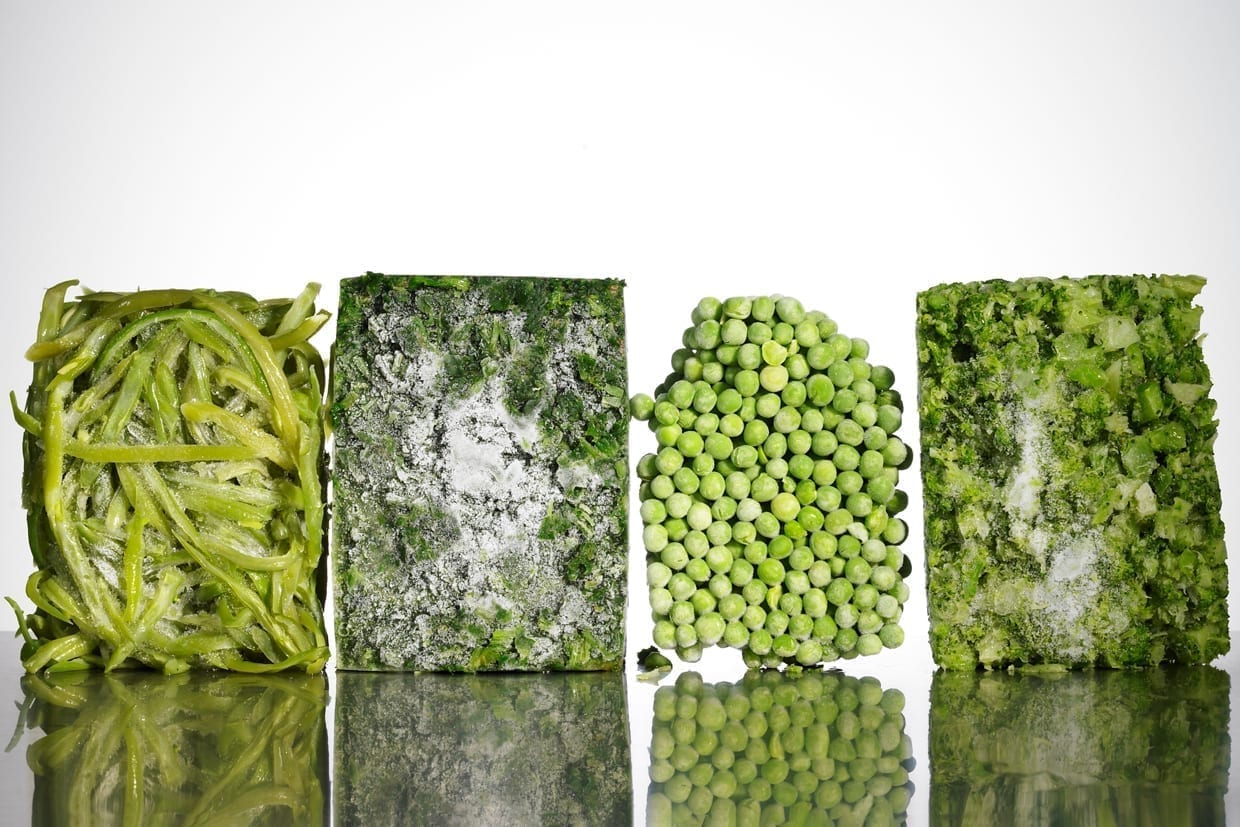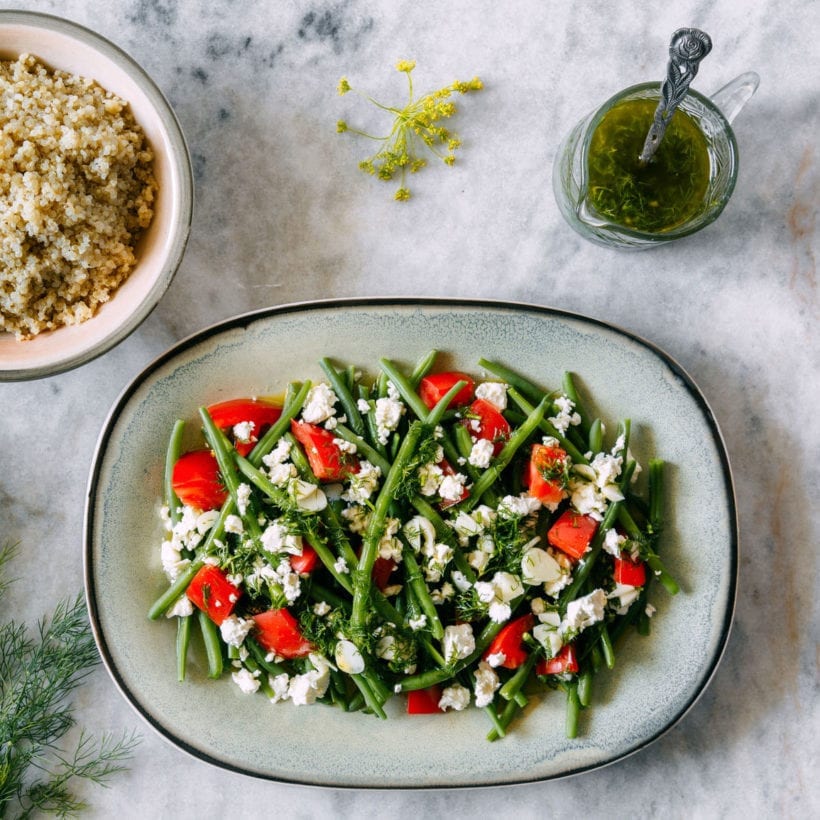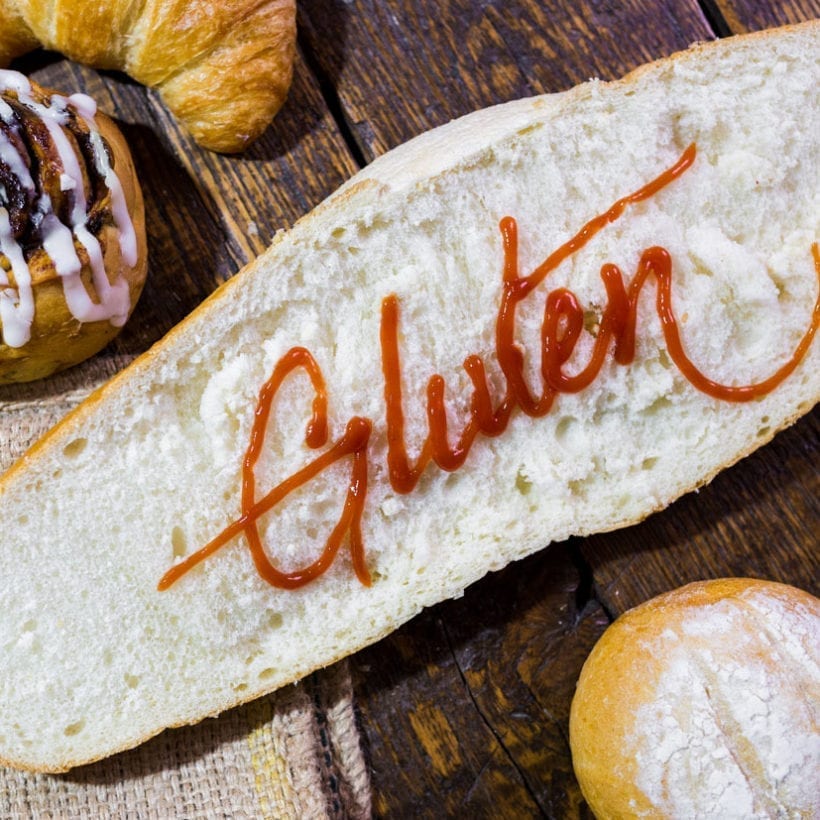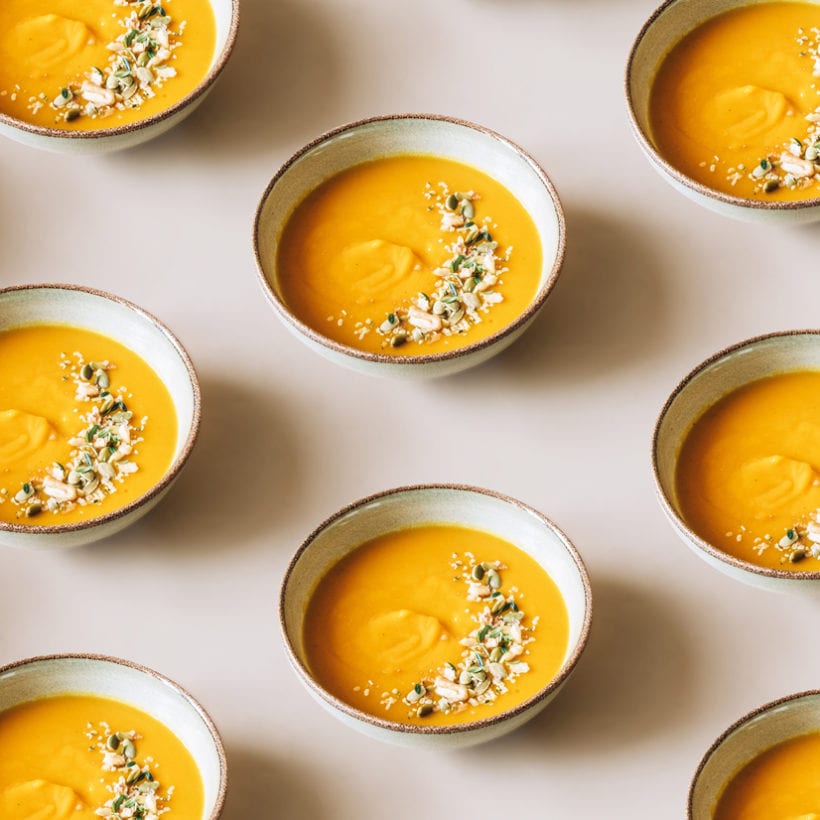The frozen-food category is starting to heat up again — with the rise of startups aiming to redefine its stereotype of unhealthy, chemically-laden foods.
While we might have dined on frozen meals growing up — Swanson introduced TV dinners in the 1950s — an array of studies later found how full of salts and preservatives these were, leading to the unhealthy stereotypes frozen meals later gleaned.
Enter Daily Harvest, Raised Real, Strong Roots, and Good Stock soups, among many others, that combine not only the convenience of an already-prepared healthy meal but one that is delivered straight to your door. As consumers continue to seek out natural and nutritious foods without compromising convenience, this is clearly the beginning of something great. According to a study by Technavio, the global frozen food market is expected to reach $311.9 billion by 2021. So long be the days of hyper-processed frozen pizzas and dinosaur-shaped chicken nuggets.
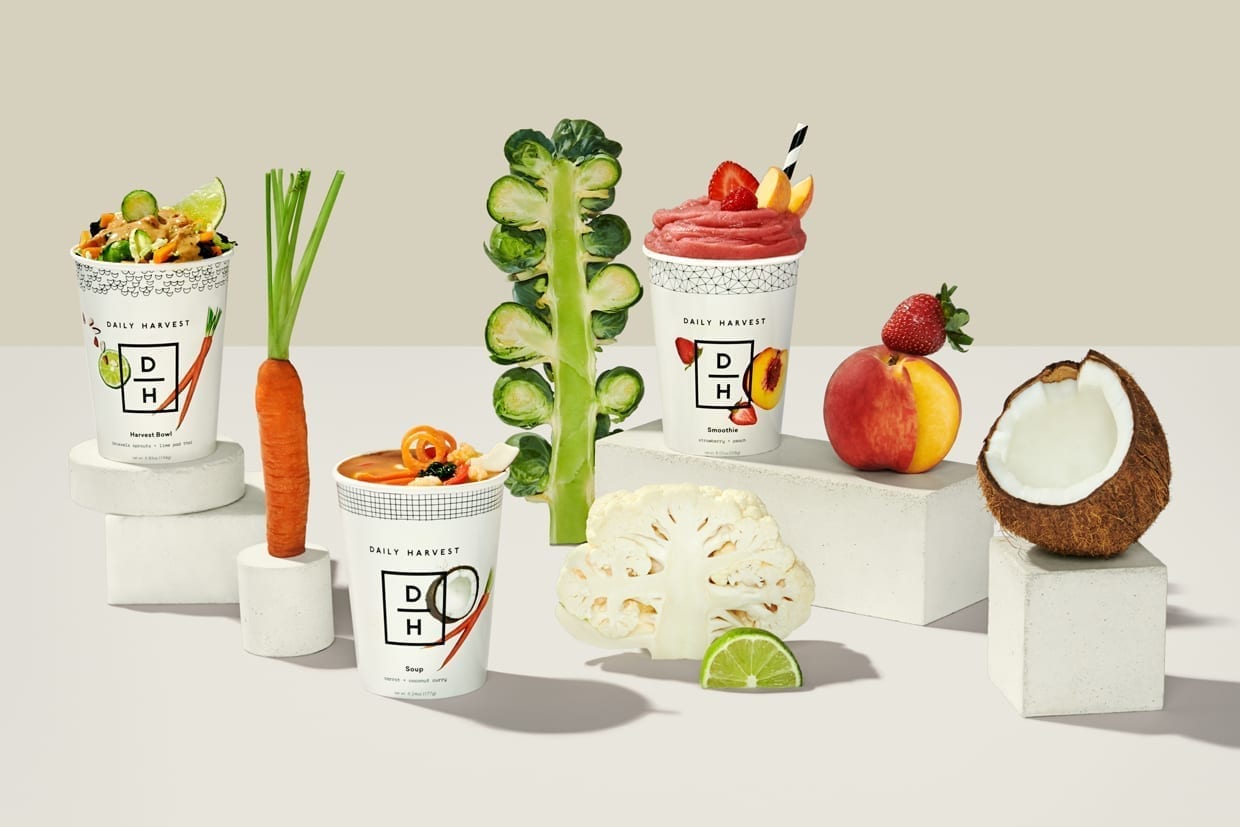
“We’re busier than ever. We work, we socialize, we are tied to our phones, and the pace of life today demands convenience,” says Rachel Drori, founder and CEO of Daily Harvest. “Consumers are discovering that frozen offers the perfect solution to their busy lives — more convenience, superior nutrients and flavor, and less waste.”
Drori, who founded Daily Harvest in 2015, has received million-dollar investments from the likes of Gwyneth Paltrow and Bobby Flay, and has already increased the offerings from just smoothies to soups, harvest bowls and lattes, all featuring organic fruits and vegetables. What spurs on the success of this and other startups? First off, it is no secret that consumers have long been moving away from highly processed foods towards fresh offerings. In fact, more than half of consumers are changing their diets to include more fresh foods, and 37 percent are eating fewer processed foods in general. A study conducted by SONAR, J. Walter Thompson Intelligence’s proprietary research unit, also found that 60 percent of U.S. millennials say they try to eat foods with natural ingredients and 45 percent say they try to eat only organic foods.
“Plant-based diets have gotten a great boost by today’s frozen food industry. There’s been a significant expansion of vegetarian and totally vegan choices for lunch and dinner,” says Charles Passler, a celebrity nutritionist. “Plus, the quality of ingredients now takes center stage, all the research on the health benefits of eating a wider variety of antioxidant-rich vegetables has really been honored by a number of new frozen food brands.”
Flash freezing is a great way to preserve produce in a natural way without the use of artificial preservatives.
An important factor playing into this food trend is that millennial consumer’s stance on frozen foods is also changing, which Santiago Merea — co-founder and CEO of Raised Real, a San Francisco-based company that makes food for babies — attributes to more education on food and processing readily available. All Raised Real meals come flash-frozen, prepped and pre-portioned with a variety of ingredients sourced from organic and sustainable farms.
The rise of flash freezing — a process of freezing an item so quickly at an extremely low temperature so that it does not give time for ice crystals to form, which then melt in the thawing process and force nutritious juices and fibers out of the food — is a great way to preserve produce in a natural way and maintain the integrity of the food without the use of artificial preservatives. “Millennial consumers know that flash frozen is actually a great way to preserve produce in a natural way, and they think of frozen as superior to shelf-stable and pretty much on par with fresh,” says Merea. Passler agrees: “The improvements in freezing techniques like blast freezing and cryogenic freezing techniques (using liquid nitrogen or carbon dioxide), as well as the reduction of time between picking and freezing, may further preserve the nutrient value of the food,” he says.
Other companies like Daily Harvest use flash freeze technology — part of its mission is to freeze fruits and vegetables within hours of being harvested to retain nutrients and lock in freshness. “With frozen, there is also almost zero waste from farm to kitchen, which means more food for everyone and no more produce going bad in your fridge,” says Drori. And for someone like me, who is barely home enough to make a grocery list — let alone cook the vegetables I buy in time before they go bad — this was one of the service’s biggest selling points. I tried a box of 12 Daily Harvest products, which included a selection of smoothies, harvest bowls, an oat bowl and a latte. My expectations were not high, since, as my fellow millennials, my own conception of frozen food is not great. And, when I opened each of the cups, it seemed like the proportions were relatively small. But every little thing I made was actually very tasty. The smoothies were neither too sweet nor flavorless and the harvest bowls tasted fresh — neither left me bloated or unsatiated.
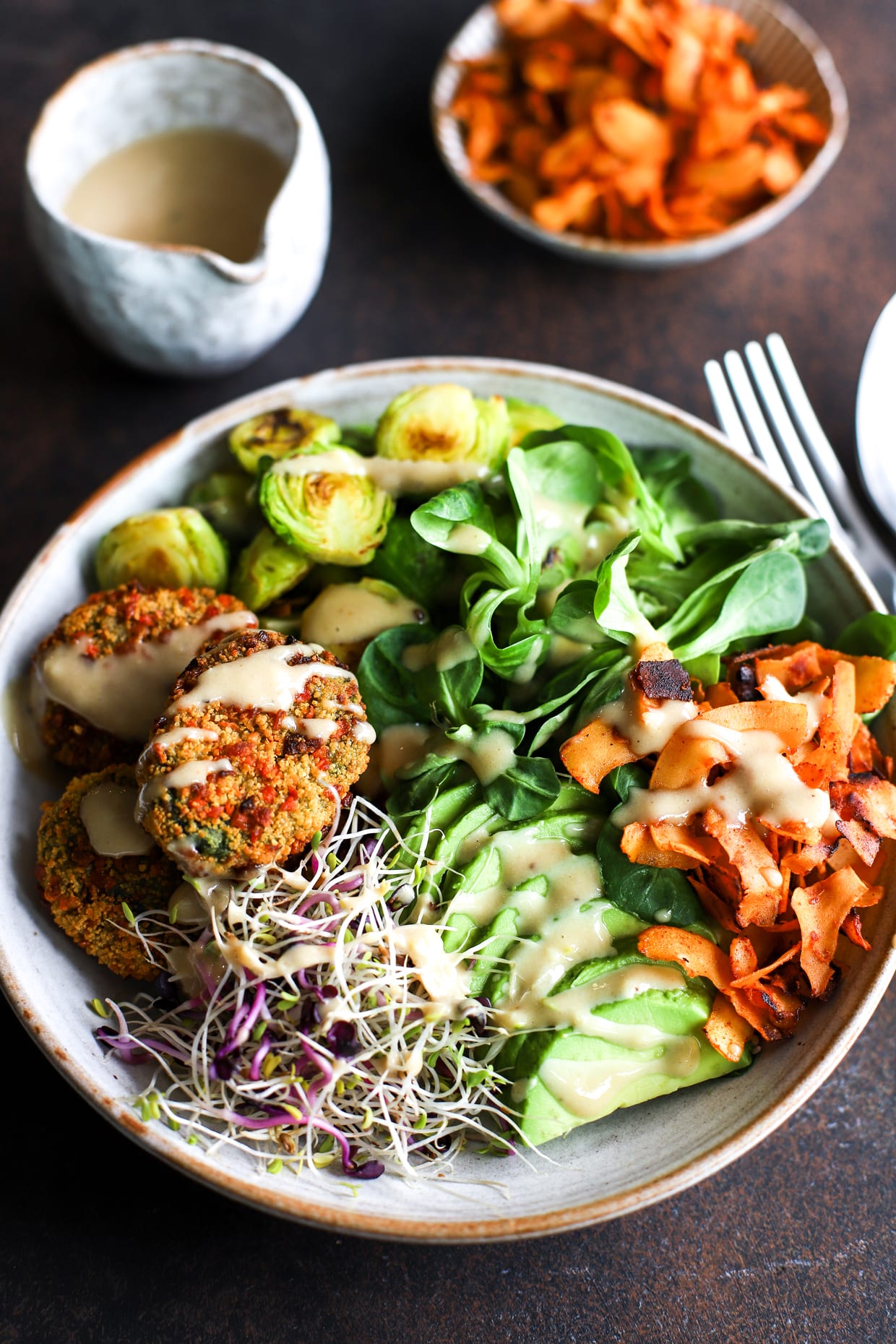
Other options out there include Strong Roots, from Dublin, Ireland, which offers vegan-friendly options such as kale and quinoa burgers and loaded sweet potato fries. And then there are Good Stock soups, offering a variety of frozen soups that are shipped to you and are gluten-free, dairy-free, vegan, etc., in all options such as lemony chicken and rice and kale and sausage. Whereas Mosaic serves up vegetarian grain bowls with zero preservatives other than natural lemon juice. They tout their meals — you can choose anything from a Tuscan pesto bowl to a peanut tofu bowl — are packed with good-for-you ingredients that are roasted, sautéed and seasoned in a real kitchen, and that you can just pop in the microwave and enjoy.
We only recommend products we have independently researched, tested, and loved. If you purchase a product found through our links, Sunday Edit may earn an affiliate commission.
